“Prof. Mort Barlaz has demonstrated excellence and has been a leader in environmental engineering research, education, and practice throughout his career. He arguably has been the leading solid waste management educator and researcher in North America for the past 30 years.”
Dr. David A. Dzombak, Dept. Head Civil and Environmental Engineering, Carnegie Melon University
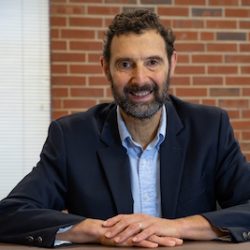 Dr. Morton Barlaz, Distinguished University Professor and CCEE Department Head, was selected to receive the Perry L. McCarty AEESP Founders’ Award. This award is given annually by the Association of Environmental Engineering & Science Professors (AEESP) to recognize the significant contributions of Professor McCarty to environmental engineering education, research, and practice. Recipients are considered leaders in their field and honored for their accomplishments in integrating research and education and impacting engineering practice.
Dr. Morton Barlaz, Distinguished University Professor and CCEE Department Head, was selected to receive the Perry L. McCarty AEESP Founders’ Award. This award is given annually by the Association of Environmental Engineering & Science Professors (AEESP) to recognize the significant contributions of Professor McCarty to environmental engineering education, research, and practice. Recipients are considered leaders in their field and honored for their accomplishments in integrating research and education and impacting engineering practice.
“Perry McCarty was a superstar while I was still a PhD student in the mid to late 1980s, and I always looked to him as one of the academics who had a formative impact on environmental engineering research and education,” Barlaz said. “To be recognized with an award in his name by my colleagues in environmental engineering is a very meaningful highlight of my career. ”
Barlaz started his academic career at NC State as an assistant professor in 1989, and he has grown into leadership roles. He served as Associate Department Head for about 7 years and is in his tenth year as Department Head. “Our Department of Civil, Construction, and Environmental Engineering is among the largest in the country with nearly 50 faculty, 756 undergraduates, 334 graduate students and 3 ABET accredited degrees,” said Dr. Francis de los Reyes, who collaborates with Barlaz and led the nomination effort. “Since 2011, Barlaz has overseen the hiring of 21 faculty and transformed the department. While leading the department, he also has become one of the most well-known and accomplished scholars in solid waste engineering today.”
Barlaz’s research focus includes the microbiological and chemical processes that occur in landfills and anaerobic digestors, as well as the application of life-cycle analysis to solid waste management systems. His research has included the impact of solid waste collection, treatment and disposal processes on the production of greenhouse gases including methane and carbon dioxide. His work is highly regarded by both academics and industry, and he has had a profound impact on the way landfills are managed.
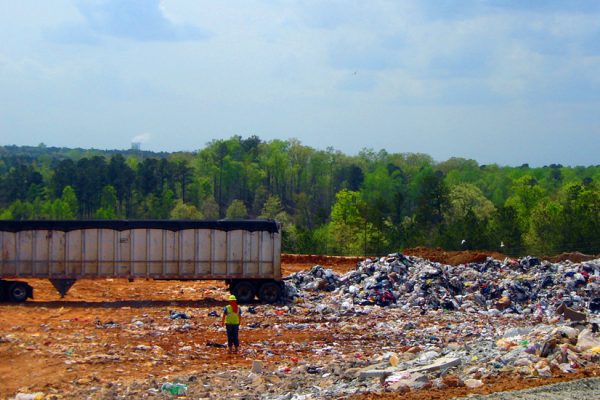
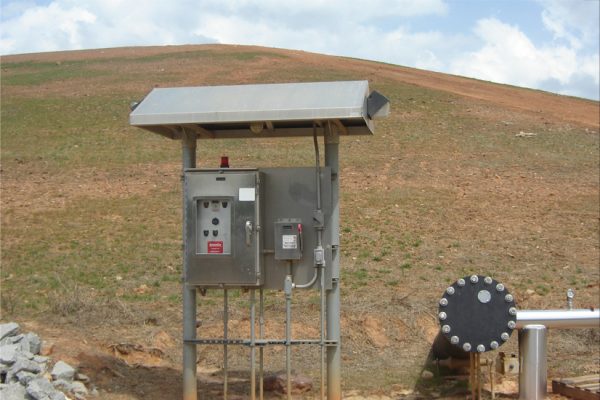
In a letter of recommendation from Dr. Craig Benson, Dean of the School of Engineering at the University of Virginia, Benson spoke highly of Barlaz’s history of interactions with practitioners dealing with complicated problems in solid waste engineering.
“Mort has led the most prominent academic-industry initiatives in solid waste, including the Bioreactor Partnership that developed the science and technology to optimally operate landfills as bioreactors and the EPA State-of-the-Practice assessments of full-scale landfill bioreactor operations. More recently, Mort was selected by a foundation supported by the largest solid waste companies in the US to lead a multiyear research project focused on understanding the underlying mechanisms giving rise to ‘elevated temperature landfills,’ one of the most challenging problems facing the solid waste industry today.”
Dr. Craig Benson, Dean of UVA School of Engineering
Barlaz has contributed chapters to 12 books and has also created a course independent of textbooks, as he wanted the flexibility for the course to stay current with trends in solid waste management practice. He has published almost 150 peer-reviewed journal articles, which have been cited thousands of times in the scholarly works of others. He has made more than 200 presentations nationally and internationally.
“Dr. Barlaz actively participates in prestigious international conferences and symposia, and in fact was personally responsible for creating the Intercontinental Landfill Research Symposium that moves from Sweden to Japan to North Carolina biannually. He always has important and relevant contribution to discussions, whether it is a comment or question at paper presentations or in a leadership role on committees. He has had global influence on solid waste management through his world-wide invited lectures, consulting, research staff exchanges, and service.”
Dr. Debra R. Reinhart, Associate Vice President for Research and Scholarship, University of Central Florida
Finally, the dedication to mentoring graduate students and post-doctoral researchers must be highlighted. He has served as mentor or advisor for more than 80 Masters students, almost 40 Ph.D. students, and 17 postdoctoral researchers. He is committed to providing students, faculty, and staff with the resources they need to excel.
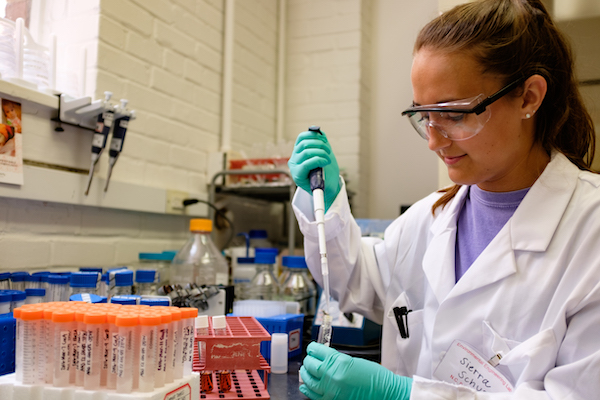
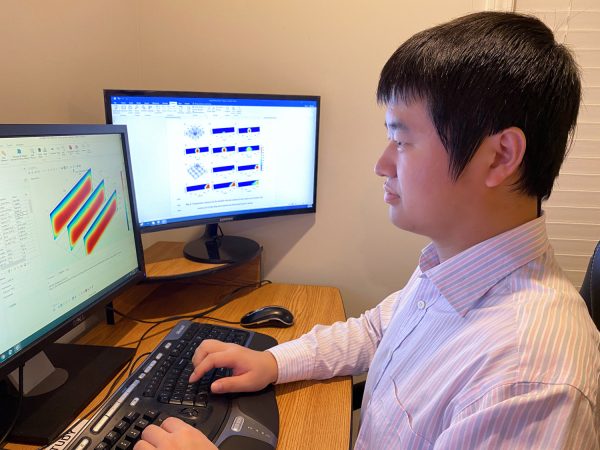
We extend heartfelt congratulations and a deep sense of gratitude for all that Dr. Morton Barlaz has done for this department, and his field. His research findings continue to be translated into policy and practice, contributing to a more sustainable world.

